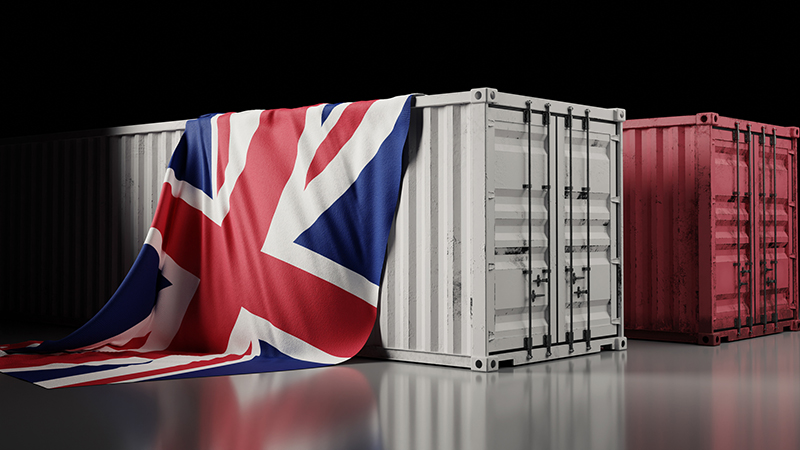The UK’s gross domestic product (GDP) fell 0.3% in April, dropping further than the 0.1% decline anticipated by economists.
It follows a three-month period in which GDP beat expectations. The surprise 0.7% uptick at the start of the year was welcomed by investors, yet many foresaw a slowdown ahead.
This appears to have materialised itself in the April, with President Donald Trump’s harsh trading policy and the implementation of Chancellor Rachel Reeves’ higher tax on employers taking their toll on the UK economy.
Rob Morgan, chief investment analyst at Charles Stanley, said: “The first three months of the year captured a dash for exports ahead of the April US tariff announcements and some front running of activity ahead of the increase in UK employment costs.
“Yet with that spike in activity in the rear-view mirror it’s back to a more mundane reality: UK growth well below where the government wants it to be and subject to unhelpful domestic and international pressures.”
April bore the brunt of Trump’s trade policy, but the ensuing agreement with the US to cap car tariffs at 10% and scrap taxes on steel and aluminium imports could alleviate some of the pain in the months ahead.
Yet while the UK has shielded itself from the worst of Trump’s tariffs, the wider turmoil in global trade is likely to impede economic activity, according to Morgan.
See also: Tax hikes ‘increasingly inevitable’ following Spending Review
“Barriers between the US and other trading partners, notably China and Europe, will be of greater impact on the UK’s open economy than our own trade deal, and things are not yet settled,” he said.
“Tariffs pour cold water on economic growth, making businesses delay investments and consumers to be more cautious with their spending. The uneven path to permanent agreements between the world’s major trading partners could be set to weigh on global growth for months to come.”
And this does not take into account domestic issues. It will take some time for businesses to adjust to higher National Insurance contributions and minimum wages, which could lead to further inactivity in the meantime.
Morgan added: “The additional costs borne by employers from higher national insurance and minimum wages are eating into margins, with employment trends indicating bosses are increasingly reluctant to replace lost staff or make new hires. In other words, do more with less – or simply do less given the uncertain climate.”
This story was written by our sister title, Portfolio Adviser








